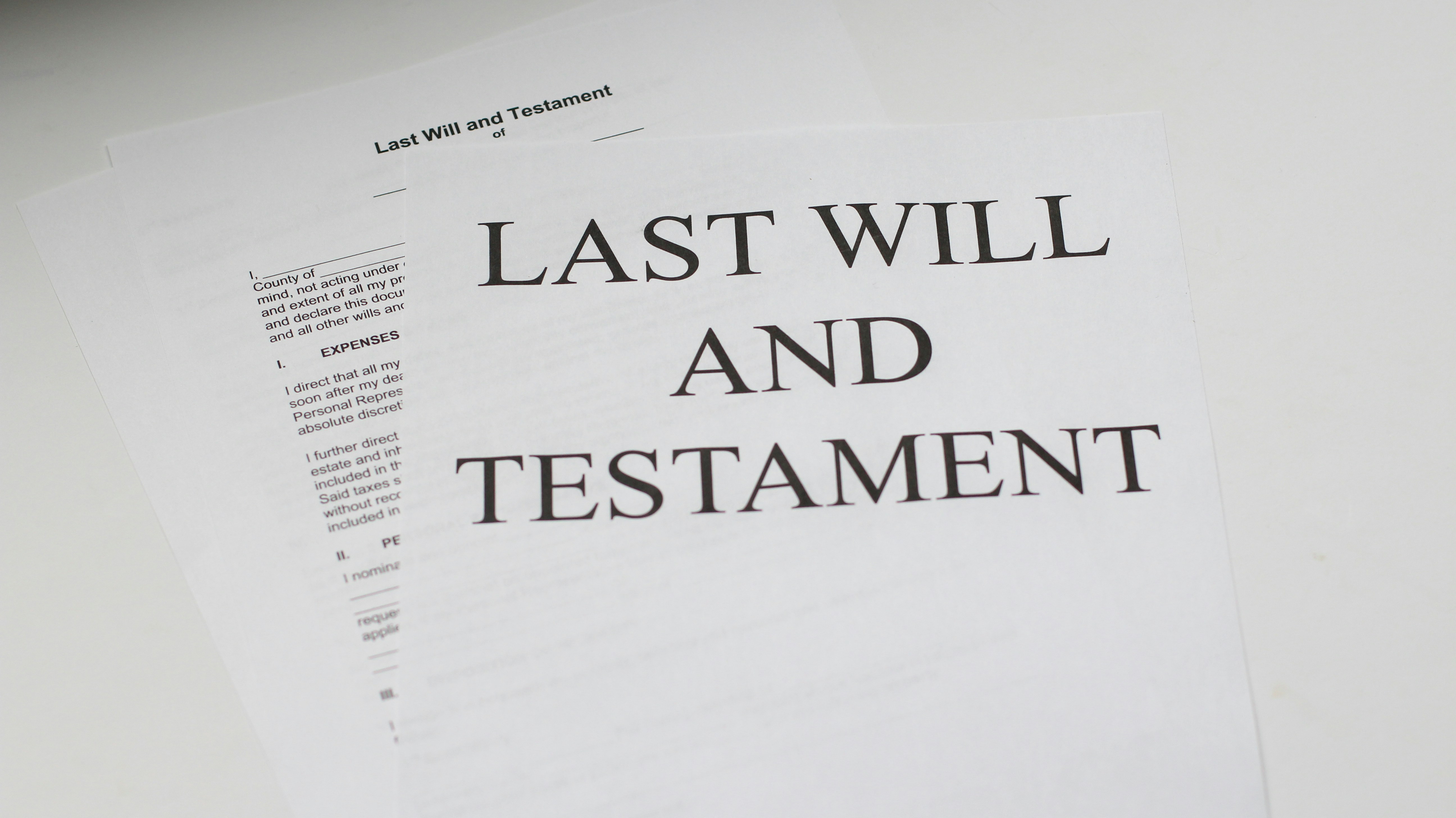The importance of having an up-to-date will (sponsored)
Rachel Andrews l Checketts McKay Law
10 November 2025, 3:11 PM

In New Zealand, having a legally valid and current will is one of the most important steps you can take to protect your loved ones and ensure your wishes are respected after your death.
Despite its significance, many people either delay making a will or forget to update it as life changes. This oversight can lead to unintended consequences, legal complications, financial reverberations and emotional stress for surviving family members.
What Is a Will?
A will is a legal document that outlines how your assets—such as property, money, and personal belongings—should be distributed after your death. It also allows you to:
- Appoint guardians for minor children
- Name an executor to manage your estate
- Express your wishes for funeral arrangements
Who Should Have a Will?
In short, every person over the age of 18 years.
You may not consider that your assets reach the threshold to justify creating a Will, however you probably have more than what you think. Almost all estates we deal with for persons under the age of 65 will likely involve Kiwisaver funds.
Why Is It So Important?
1. Avoiding Intestacy and Government Control
If you die without a valid will (known as dying "intestate"), your estate is distributed according to the Administration Act 1969, which may not reflect your personal wishes. In some cases, your assets could even end up with the government if no eligible relatives are found.
2. Protecting Your Loved Ones
A will ensures that your spouse, children, and other dependents are provided for in the way you intend. Without one, blended families and stepchildren may face complex legal hurdles or be excluded entirely from inheritance.
3. Appointing Guardians for Children
For parents of young children, a will is crucial for nominating guardians. Without this, the Family Court decides who will care for your children, which may not align with your values or family dynamics.
4. Minimising Disputes and Delays
A clear, legally valid will helps prevent family disputes and reduces the risk of claims under the Family Protection Act 1955. It also streamlines the probate process, saving time and legal costs.
5. Tax and Asset Planning
Proper estate planning through a will can help minimise tax liabilities and ensure that more of your estate goes to your chosen beneficiaries rather than to legal fees or taxes.
Why Keeping Your Will Up to Date Matters
Life changes—such as marriage, divorce, the birth of children or grandchildren, acquiring new assets, or relocating—can all affect how your estate should be distributed. In New Zealand, marriage automatically revokes a previous will, unless the will was made in contemplation of that marriage. Divorce invalidates provisions related to your ex-partner, but separation does not. As life changes, so should your will.
When Should You Review Your Will?
The New Zealand Law Society recommends reviewing your will:
- Every five years
- After major life events (e.g., marriage, divorce, birth of a child, death of a beneficiary)
- When acquiring or disposing of significant assets
- If you wish to change your executor or guardians
Final Thoughts
Creating and maintaining an up-to-date will is not just a legal formality—it’s a powerful act of care and responsibility. It ensures your legacy is honoured, your loved ones are protected, and your estate is managed according to your values. Whether your assets are modest or substantial, a well-crafted will provides peace of mind and clarity during one of life’s most difficult transitions.
If you don’t yet have a will, or haven’t updated yours recently, now is the time to speak with a lawyer. At Checketts McKay we can assist with all your estate planning needs. Get in touch with one of our lawyers who can create a Will which is tailored specifically to meet your needs. It’s one of the most important documents you’ll ever create.
Sponsored Content: This article has been submitted by a contributing property expert as part of The Central App’s sponsored advisor programme. All sponsored stories are reviewed to align with our values of community first, accuracy, and trusted people in our community reporting.
PROFESSIONAL SERVICES


